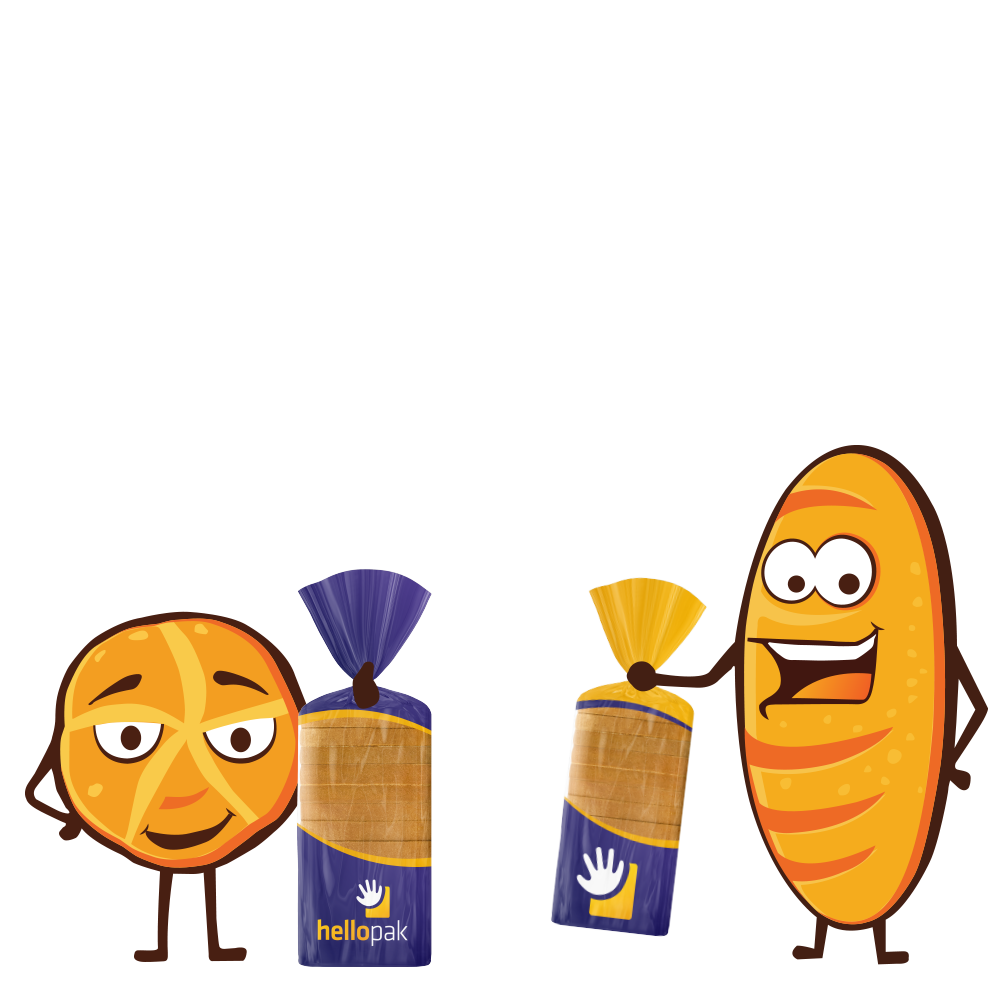How to save time on product packaging and increase productivity? Wicketed bags are helpful in this respect. The incorporated solutions make the bags easy to carry and convenient to fill. They are most often manufactured from durable polyethylene. They come in several forms, have different types of locking, fastening, perforations, ventilation, and various shapes and sizes.
What are wicketed bags?
Wicketed bags for bread streamline the packaging process. This is facilitated by a metal wire, among other things. Getting the job done efficiently is an important aspect in production facilities, which is why it makes sense to opt for wicketed bag packaging. They are suitable for automatic and semi-automatic packaging.
Applications and advantages of wicketed bags
Plastic bags have a wide range of applications. Wicketed bags are often used in the food industry. They are designed for packaging bread, vegetables or fruit, among other things. They are also suitable for storing and carrying loose products.
These types of bags are very practical due to their lightness, durability and reusability. They protect food from contamination, moisture and rapid drying. They are also useful for storing small items.
Different types of wicketed bags
Wicketed bags are manufactured from CAST CPP polypropylene, LDPE or HDPE. It is possible to choose the thickness of the material and the method of locking, such as resealable tape, welding or zips. The type of plastic that matches the intended use, e.g. freezing or pasteurisation, is also important.
